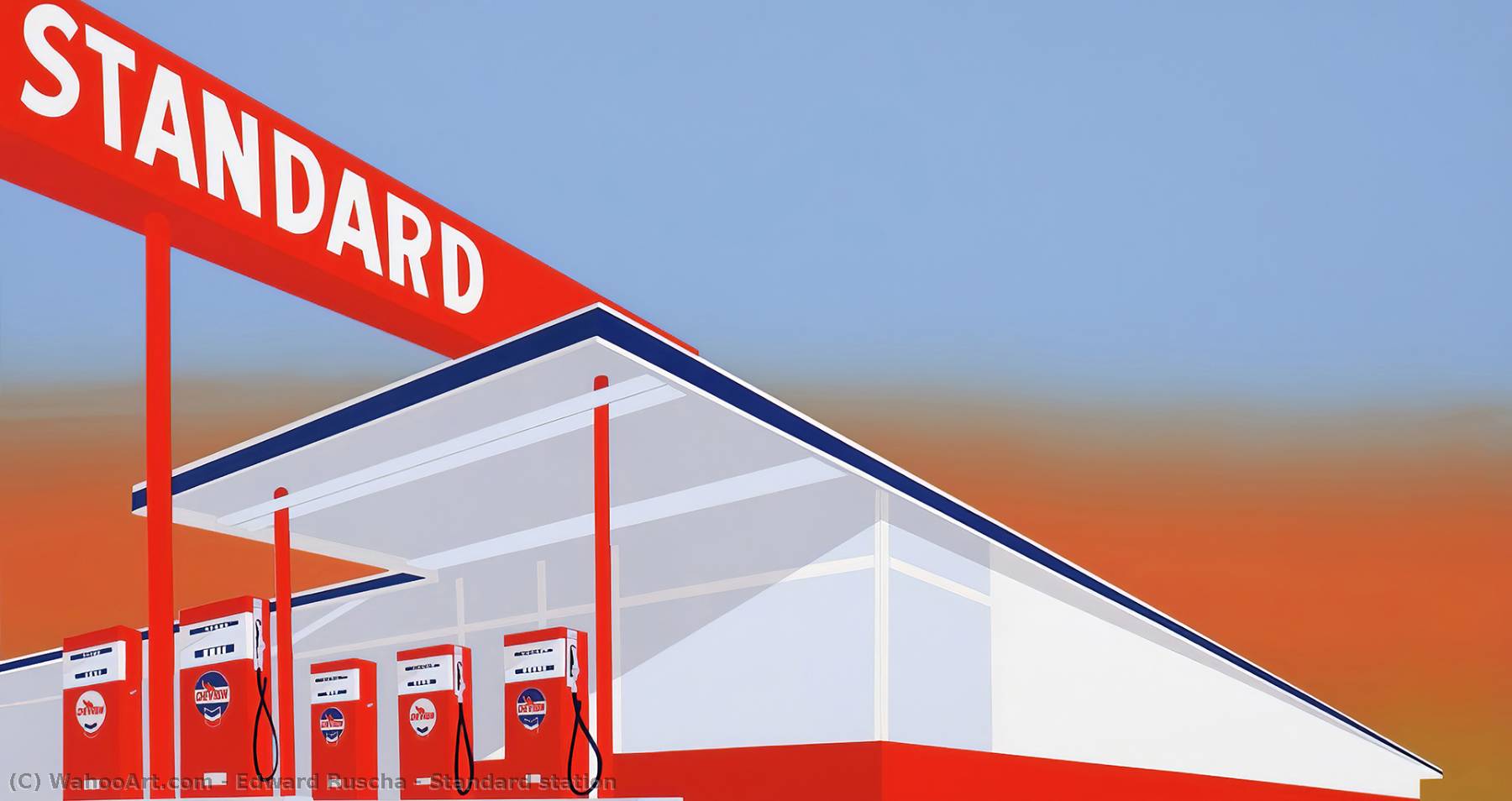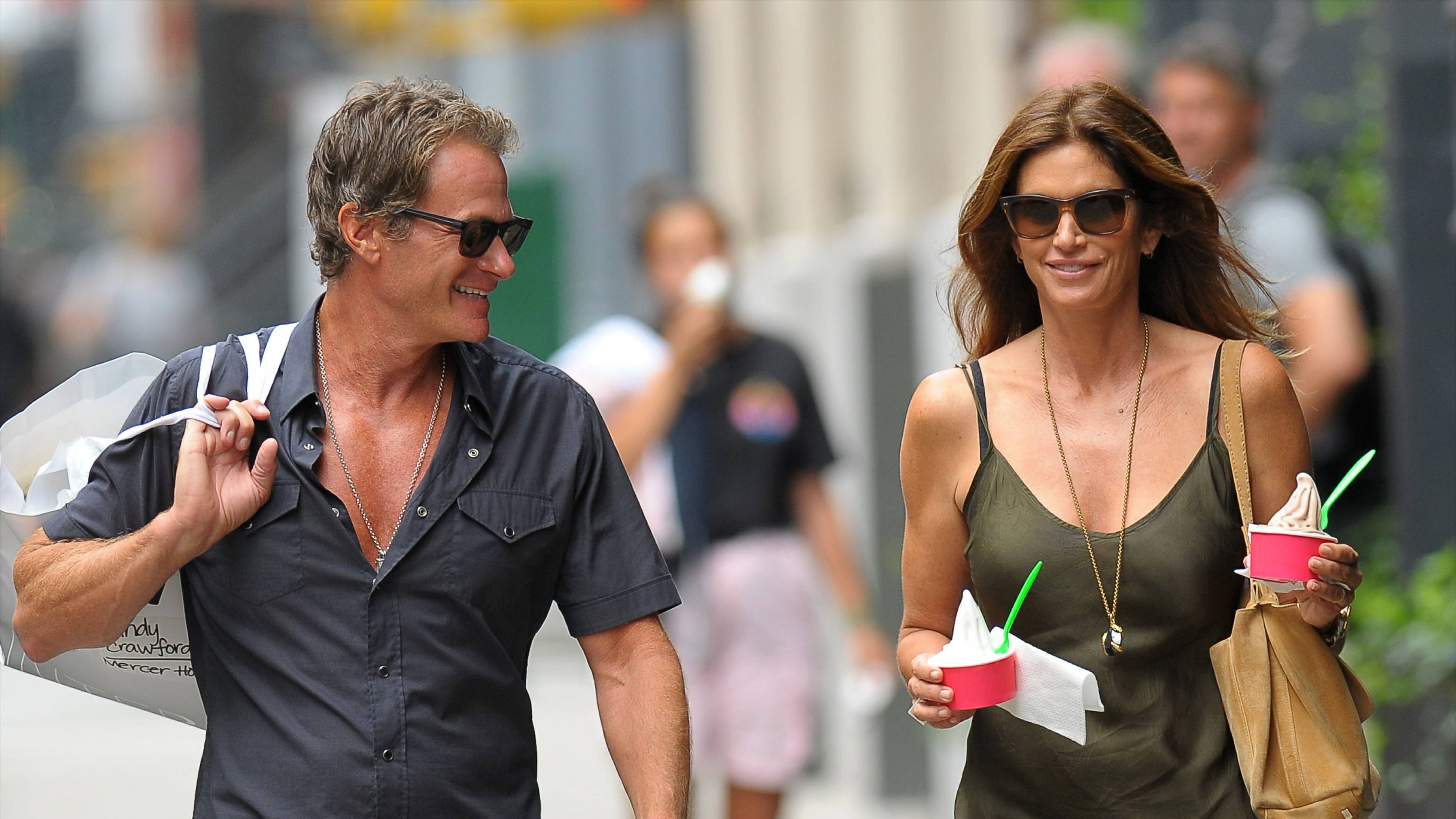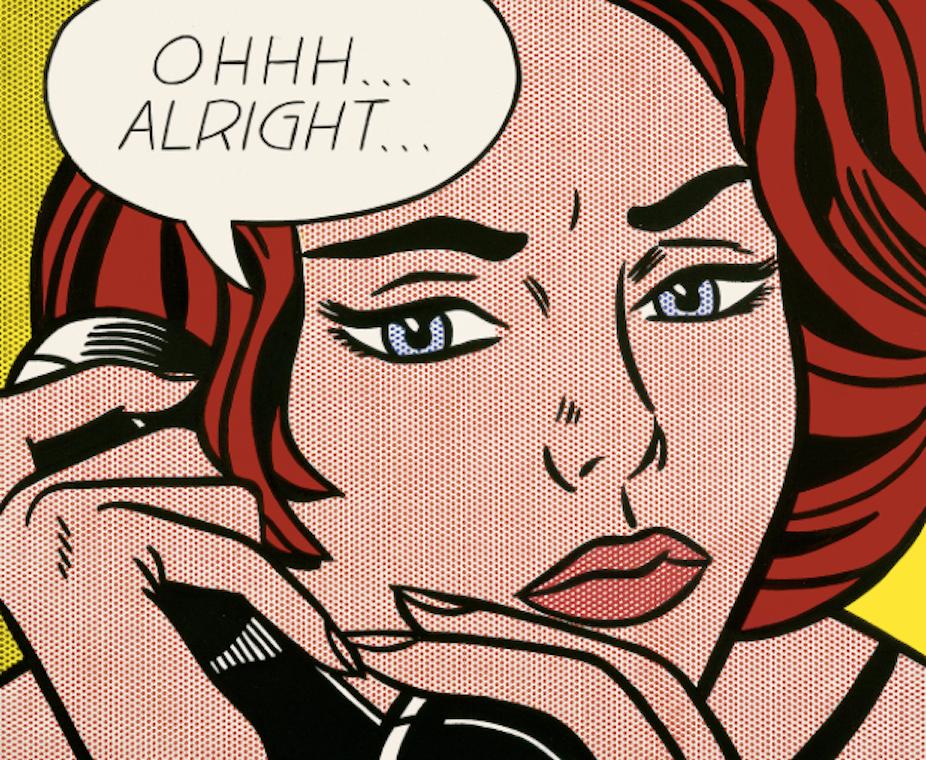
Clement Greenberg is an American critic. He graduated from Syracuse University with a degree in English Literature. After college, he worked as a dry-goods salesman for his father before deciding to pursue writing. After several years of work, he was eventually published and made a name for himself as a literary critic. His contributions are still highly influential.
Art isn't and should be not try to be a higher truth.
The question is, should art be considered higher/lower than reality? The answer is not clear. Many experts have differing opinions about what constitutes art, but one thing is certain. The latter group is far more likely to claim that art should be more important than reality.

Art should be a physical thing
The previously mentioned principle of aesthetic unity is similar to the work of Harold Rosenberg, an American art critic who wrote an essay attacking Greenberg. A dialectician, Rosenberg saw the canvas as a stage for a painter's performance and believed that painting should be considered art if it is to be considered material. This idea was the basis for Action painting.
Art should be self-referential
Greenberg's Modernist painting theory suggested that art should be self reliant and not refer to the outside. He believed art and literature should be objective without any reference to the human condition, or other artistic forms, and should be "pure activities." He believed that art should be able to lead to higher truths.
Clement Greenberg
Clement Greenberg was an American essayist. He wrote under the pseudonym K. Hardesh. His work has been associated with the American modernist aesthetics of the 20th century. Although he is controversial, his work has high regard.
Art and Culture
Greenberg's theory about art has received support from the intellectual art community, but it has been interpreted in ways Greenberg may not have approved. One notable case is the writings of Michael Fried and Frank Stella. Fried faithfully applied Greenberg’s ideas while also incorporating his own concerns.

Rosenberg
Harold Rosenberg is a prolific writer on art criticism. He is a Brooklyn native who earned his law degree in New York City. After that, he gravitated towards the intellectual circles of New York City. He was interested in literature, drama, philosophy, and art criticism. He contributed to numerous publications, including The New Yorker. He also wrote poetry.
FAQ
Why is pop music so popular
Pop music is loved because it is enjoyable! It makes you feel happy and gives you a great sense of freedom. People listen to pop music and can think about nothing but themselves. They don't have to worry about what other people think. And this is why pop music is so popular. People love to listen to songs that are positive and upbeat. Turn on the radio to hear upbeat music if you're feeling low. You may even find yourself singing along. Pop music has been a huge success over the years.
What is pop media culture?
Pop culture is all around us. Pop culture is everywhere you go: radio, television, film, music and magazines. It surrounds us all day. It is everywhere, including our clothing, food, language, politics, religion, and music. So what exactly is pop culture? Wikipedia says that popular culture, or popular culture, refers only to ideas and products designed to be mass-produced in society. Many people think that this term applies to television shows, movies, music, fashion, and other forms of entertainment. Pop culture is not just entertainment. Pop culture can be described as anything that is consumed by mass audiences, including video games, toys, clothing and fast food.
Is Tik Tok pop-culture?
The answer is yes! It's no longer just for teens. You can share these videos with your friends to express yourself, show off, or just for fun.
More than 200 million people use the app every day all over the globe. Each day, the number of users grows by millions.
TikTok provides a fantastic opportunity for brands and consumers to build meaningful relationships.
Many influencers have established huge followings on TikTok. These creators create original content and engage audiences around the world.
Don't wait! Here are four options to help you take advantage this trend.
-
Make viral content
-
Engage Influencers
-
Use Visuals Effectively
-
Be creative with your audience
What is popular culture in music?
Popular Music Culture can take many forms.
Popular music culture can be defined by its use certain types of music (e.g. rock, jazz) or lyrics. It also includes the impact of visual media such as television, fashion and advertising on artists' careers, as well as public perception.
It's also all about how fans interact their favorite artists.
One aspect of popular music culture is the rise of "superstars," artists who have achieved fame, fortune, and status for themselves.
These celebrities often transcend genres to become cultural icons. The evolution of popular culture has been influenced by their popularity.
Some other elements of popular music culture are:
* The rise of recording technology - from acoustic instruments to electric guitars and microphones;
* The inventions and use of the radio and record player;
* The birth and rise of rock & roll.
* Introduction of film and TV;
* The birth of MTV/VH1;
* The creation or the Internet.
How did pop music become popular?
It was accidental. It was an accident. The first song was accidentally written when someone knocked over the piano while playing on New Year's Eve 1920.
The recording company loved what they heard so they decided to release the single.
This became the first recorded hit single.
Pop music has been the most popular form today of musical entertainment.
How can pop culture be avoided?
We should first be able to identify when pop culture has an influence on us. It is important to recognize when pop culture influences us. Then, it is crucial that we do not allow ourselves to be influenced. These are some tips to help you avoid negative influences.
-
Avoid violent shows such as Game of Thrones.
-
Do not spend too much time on the Internet. Instead, read books.
-
You should watch less TV. Spend your free time doing healthy activities.
-
Take care of what you post online. After comments have been posted, they can't be deleted.
-
Check that websites you visit remain safe. Before entering personal information, ensure that they are checked.
-
Do not let anyone pressure or make you do dangerous things.
Talk to someone if pop culture is a problem. You can either call your local library (800-THELOOST), or the National Center For Missing & Evacuated Children (1-808-THELOOST).
What does pop culture teach us?
Our society today values material things over everything else. This is especially true of young people. They spend hours each day staring at screens. They are addicted to video games, movies, and surfing the web. All of this distracts them from focusing on school work. As a result, they end up failing classes.
We live in a world where everyone wants to fit in. That means being popular. Popularity hinges on having money, clothing, and other possessions. Some people do this by doing things that aren’t right.
Technology has made us too dependent. We now have access to all types of information thanks to technology. Unfortunately, not all information can be trusted. False rumors are floating around the Internet. These rumors spread quickly because people share them on social media sites. It's easy for people to post things without checking if they are true.
People have lost their ability to think critically. They believe everything they read on the Internet. They trust what they hear on television and in magazines. They stop thinking for them selves. Instead, they follow the flow of others.
We lose control of our lives when we depend on others to tell we what's going on. Pop culture teaches us to depend on others. It can also make us lazy. Although the truth is out there and we often don't find it, it can make us lazy.
Statistics
- According to Dictionary.com, popular culture, or low culture as it is sometimes referred to is comprised of the “cultural activities or commercial products reflecting, suited to, or aimed at the tastes of the general masses of people” (7/21/19). (socialsci.libretexts.org)
- According to Kathryn Sorrells (2013, pp. 142-144), there are several ways that we can become informed consumers of popular culture. (socialsci.libretexts.org)
- Yet a Nielsen study shows they account for 42% of the country's most-watched content on streaming services. courtesy Nielsen (npr.org)
- For example, the term hater meaning someone who strongly undermines or criticizes others, often due to pathetic jealousy, likely emerged from hip hop culture, such as the term playa hateras, used by influential rapper Biggie Smalls as early as 1995. (simplicable.com)
- In 1987, US films captured 56% of the European film market. (socialsci.libretexts.org)
External Links
How To
Which companies have used pop-culture in their marketing strategies
Many companies have been using popular culture in their marketing strategies over the last few years. Here are a few examples:
-
McDonalds - The McDonald's campaign was launched during the Superbowl in 2014, where they showed clips from movies such as 'The Big Short' and 'Inside Out.' They also had an ad called "I'm lovin' It," which featured images of people eating food and dancing along to songs by Drake.
-
Nike - In 2013, Nike released a commercial featuring basketball player Kevin Durant. He says that he was inspired and motivated by the movie Space Jam to get his shoes on and play basketball.
-
Coca-Cola - During the summer of 2015, Coca-Cola released a series of ads called "America's Choice Awards." These awards were based upon categories like Best Movie or Best TV Show. Each category had its own 30-second commercial at a fictional award ceremony.
-
Google – Google announced in November 2015 it would sponsor Super Bowl, its first sponsorship since 2010. This included launching a website called google.com/superbowl, allowing users to watch highlights from previous games. Users could vote for their favorite team, and Google would display these results alongside the current team's scores.